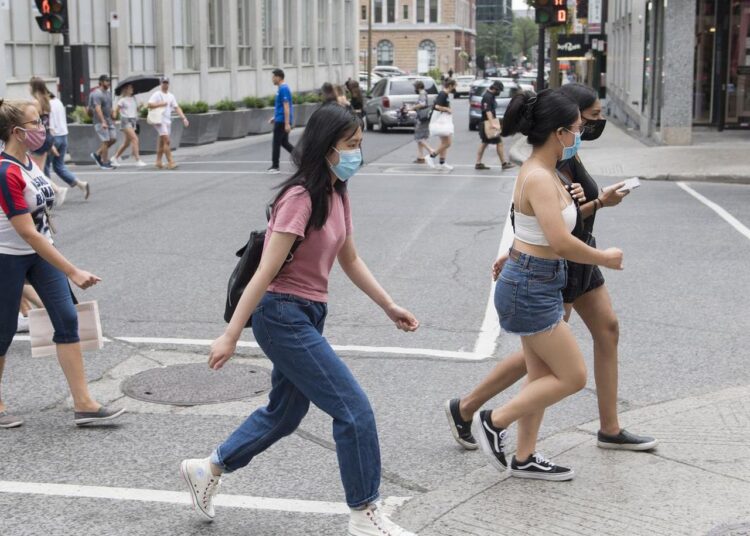CANBERRA – Young people are more positive about their lives and in less psychological distress as Australia comes out of the pandemic, a new study shows.
More than two in three young people aged 18 to 24 said their lives had improved in the past year, while there was a five per cent drop in psychological distress, ANU’s Professor Nicholas Biddle found.
Prof Biddle said stress remained above pre-pandemic levels, with young people “the most dramatically impacted” by COVID-19.
“Overall this is really encouraging news,” he said.
“It’s heartening to see the majority of young Australians say they are feeling much better … even though they still face ongoing pandemic pressures.”
While young people recorded the biggest decline in psychological distress, Australians of all ages felt better than they did in October 2021.
More than half of those surveyed said they thought their life was worse in May 2020, months after tough restrictions including lockdowns were introduced.
This dropped to about one in five – or 20 per cent – in August 2021.
“Wellbeing and mental health outcomes have improved over recent months as lockdown conditions have substantially eased and despite high case numbers,” Prof Biddle said.
The report is based on 12 surveys of 3500 Australians over two years.
It comes as national cabinet decided pandemic leave would remain in effect as long as mandatory COVID-19 isolation periods are in place.
The payments were due to expire at the end of the month.
National cabinet also agreed to limit the number of payments to three in six months unless people can argue extraordinary circumstances.
The ACTU welcomed the decision to extend the payments. It said it was critical workers were able to isolate while they were infectious.
The union’s assistant secretary Liam O’Brien said financial incentives for people to stay home while sick should remain.
“Paid pandemic leave needs to stay in place as long as working people are being asked to isolate and take time away from work to control the spread of the virus,” he said.
“The third of our working population who do not have access to paid sick leave cannot be expected to go without pay to keep the rest of the community safe.”






Discussion about this post